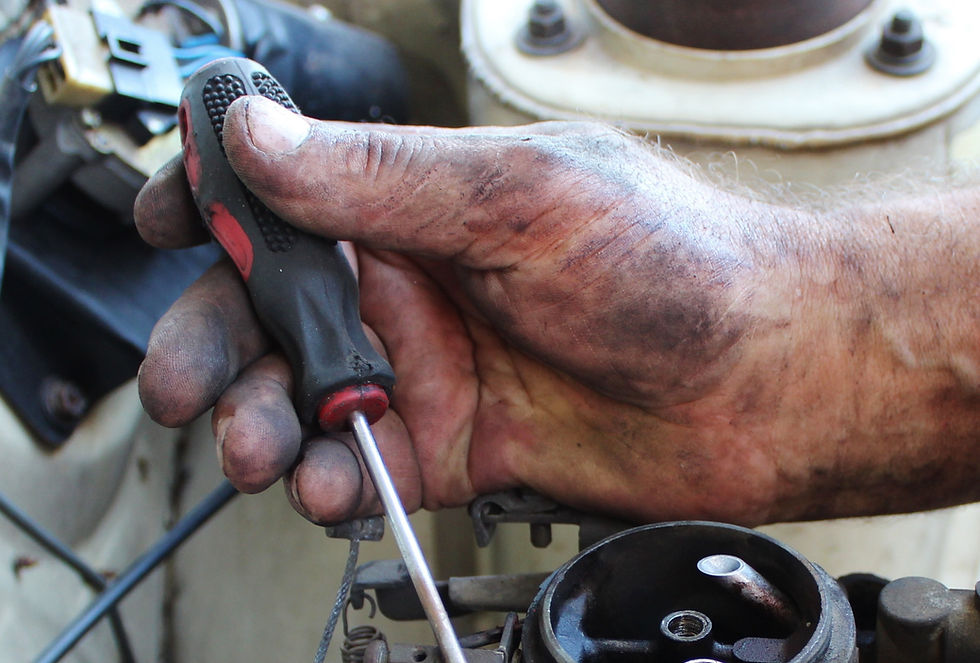"Dirty" Hands Lead to Trust
- Daniel Marquez

- Jun 28, 2018
- 3 min read

When faced with a situation that requires extra effort to go out of our way, there are those who say "that is not my job" and expect someone else to handle it. Never be that person. If you want to earn your team's trust, consider this your golden opportunity. Show them you are not afraid to get your hands dirty, no matter how small of a deed, and you will be amazed how team dynamics can improve.
I learned this tenet of teamwork at a young age: "valuable team members volunteer to pick up the slack." Traveling across the globe and living in various countries with very different cultures, I quickly realized this tenet held true no matter the background, social status, or position of those around you.
Fast forward a few years into the "working world", and it did not disappoint. I cannot tell you how many strong working relationships in my career have flourished from an action as menial as wiping spills someone else left behind on a break room counter. Or grabbing a squeegee and pushing used BOP fluid towards the drain to keep the work area clean while the ship is listed for whatever reason. Or helping the crew carry heavy bolts and cleaning them before reassembling equipment. If you have the time to help someone else without impacting your work, invest it on the opportunity to build trust. Being a consultant, I have learned this is the most effective way to go past the barrier of being an "outsider" or "yet another surveyor" to becoming a "team member". Sometimes it takes extra effort, but trust me: it always pays off.
One of the best examples I can think of is when I was asked to monitor the last commissioning phase of a particular critical control system. Despite the asset was on the tail-end of a five year design and construction lifecycle and was scheduled to be operational in less than two months, the builders, vendors, owner, and operators were still struggling to get it to work. And here comes "yet another consultant" to magically figure out what's wrong. I did, but it took no magic at all. Just additional effort outside of my defined scope of work.
While waiting for an official answer from the vendor's engineering department, I took a couple of hours to read the operating manual (written by the same vendor who couldn't fix the problem) to find out the source of the issue. In this case, the transducers associated with the ultrasonic flowmeter were not installed properly. With the permission of the team (and skepticism), I picked up a tape measure, a sharpie, and a screw driver and proceeded to move the transducers to a suitable location as described in the operating manual. Once done, I asked them to retest the flow, and sure enough the accuracy and reliability of the readings was solved.
This extra effort proved two things to the team:
I was there to help, not to be a pain in their rear end.
I was willing to do what was necessary to make sure WE succeeded.
From then on, the team dynamics changed dramatically. No more restrictions on documentation requests; I asked, I got it. Instead of having to ask for a status update on something, I was invited to attend the meetings and discuss options going forward. I was even invited to social events outside working hours, with no pressure and no strings attached. In fact, I was asked by the crew management to provide a hands-on instructional course on how to operate the equipment. And as you probably figured out, WE delivered a fully functional system ahead of schedule.
Do not underestimate the power of small time and effort investments when the opportunity arises. Do not walk away; take the initiative to go beyond what is expected and lend a hand. It is the quickest and most effective way of earning genuine trust, no matter who is watching. Make it a habit to go out of your way; more often than not, it is reciprocal.





Comments